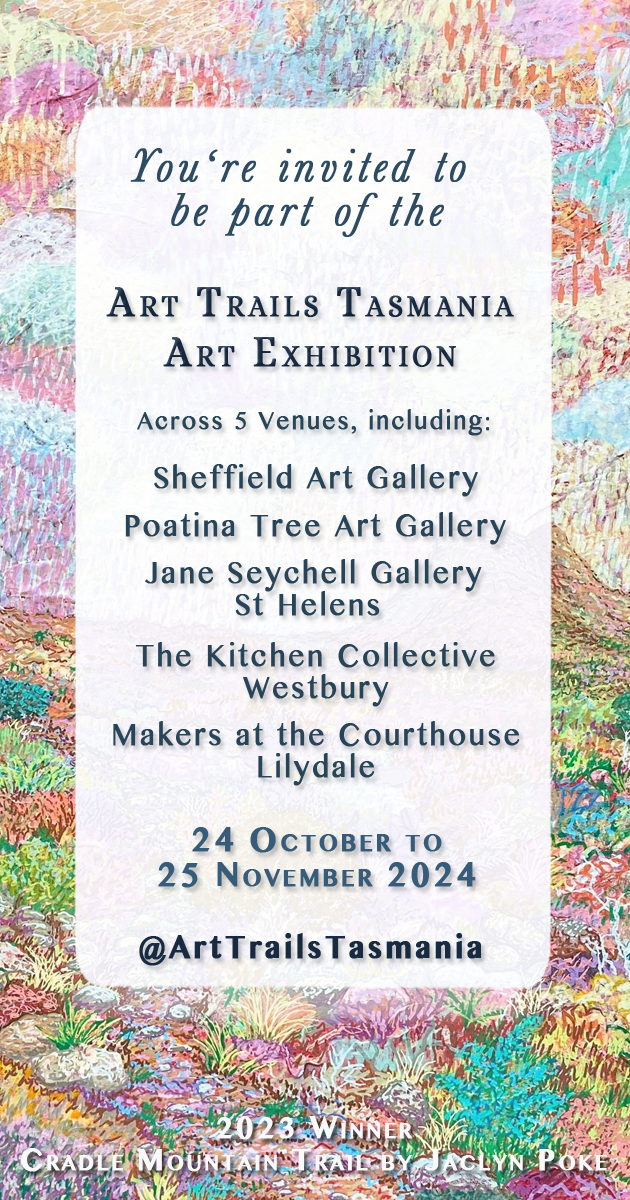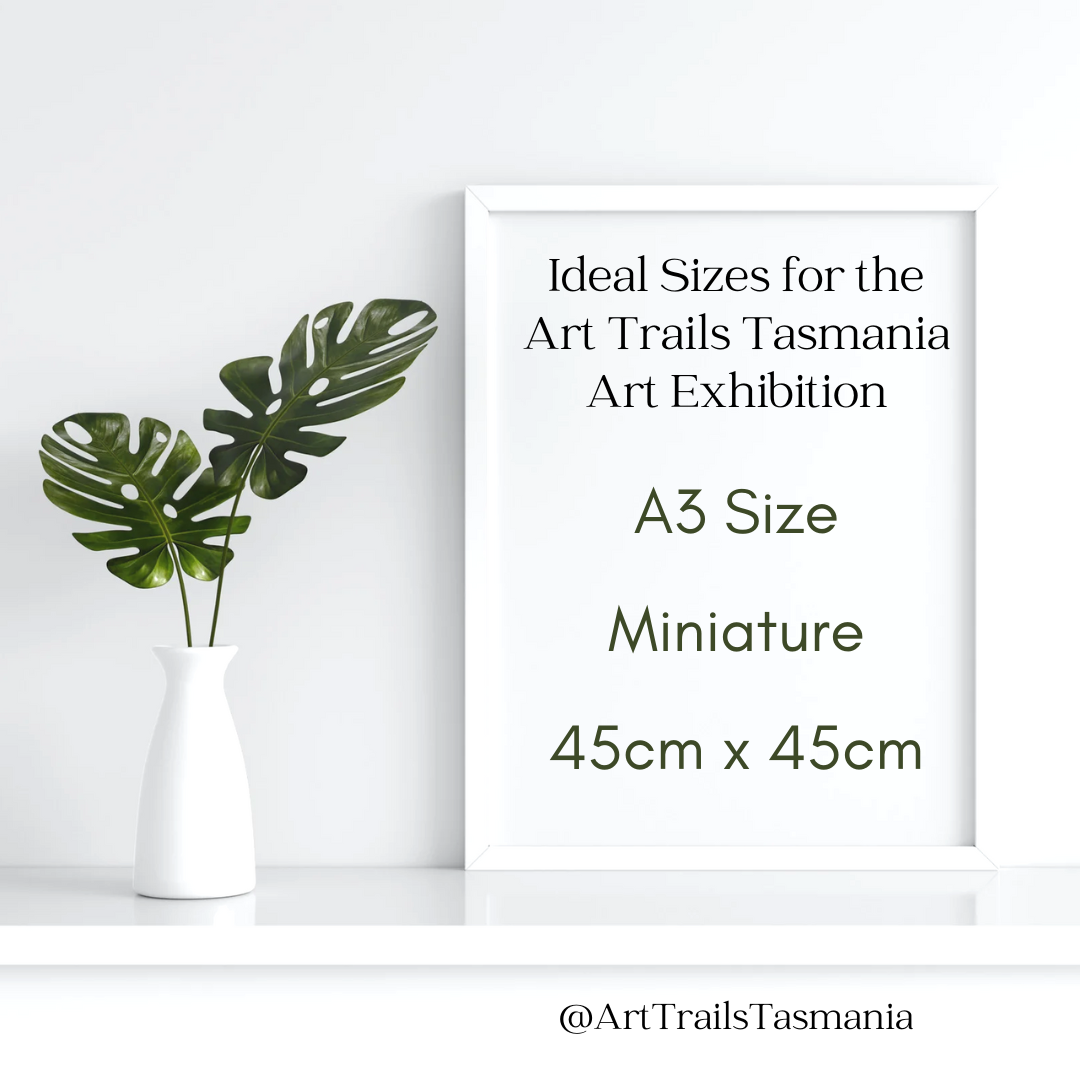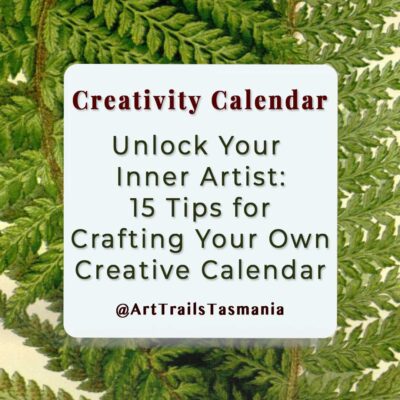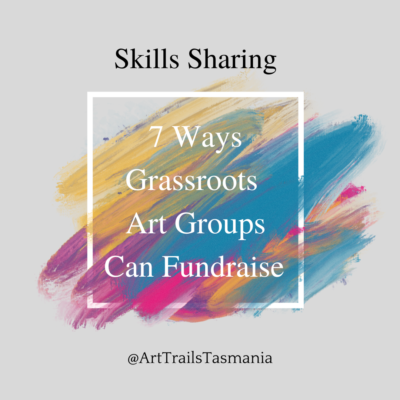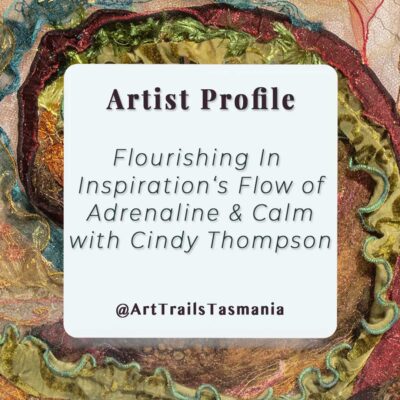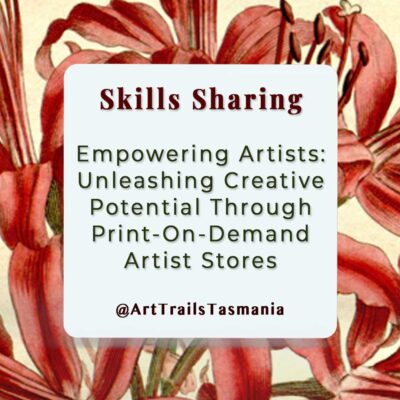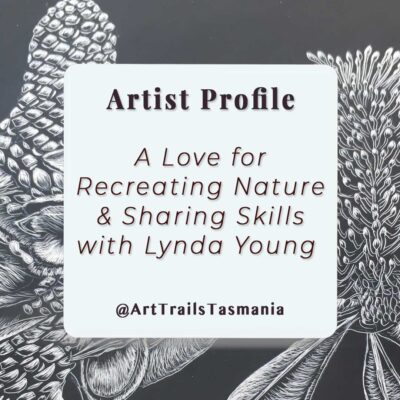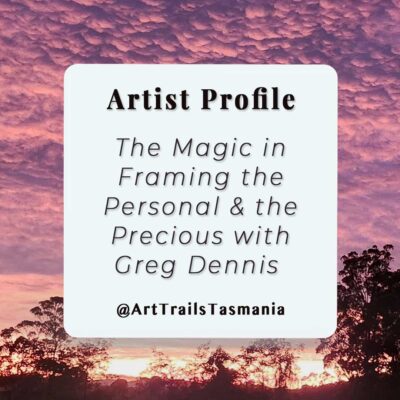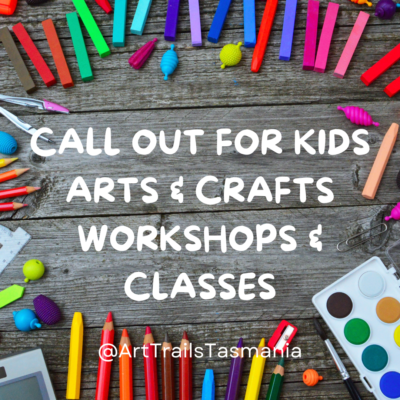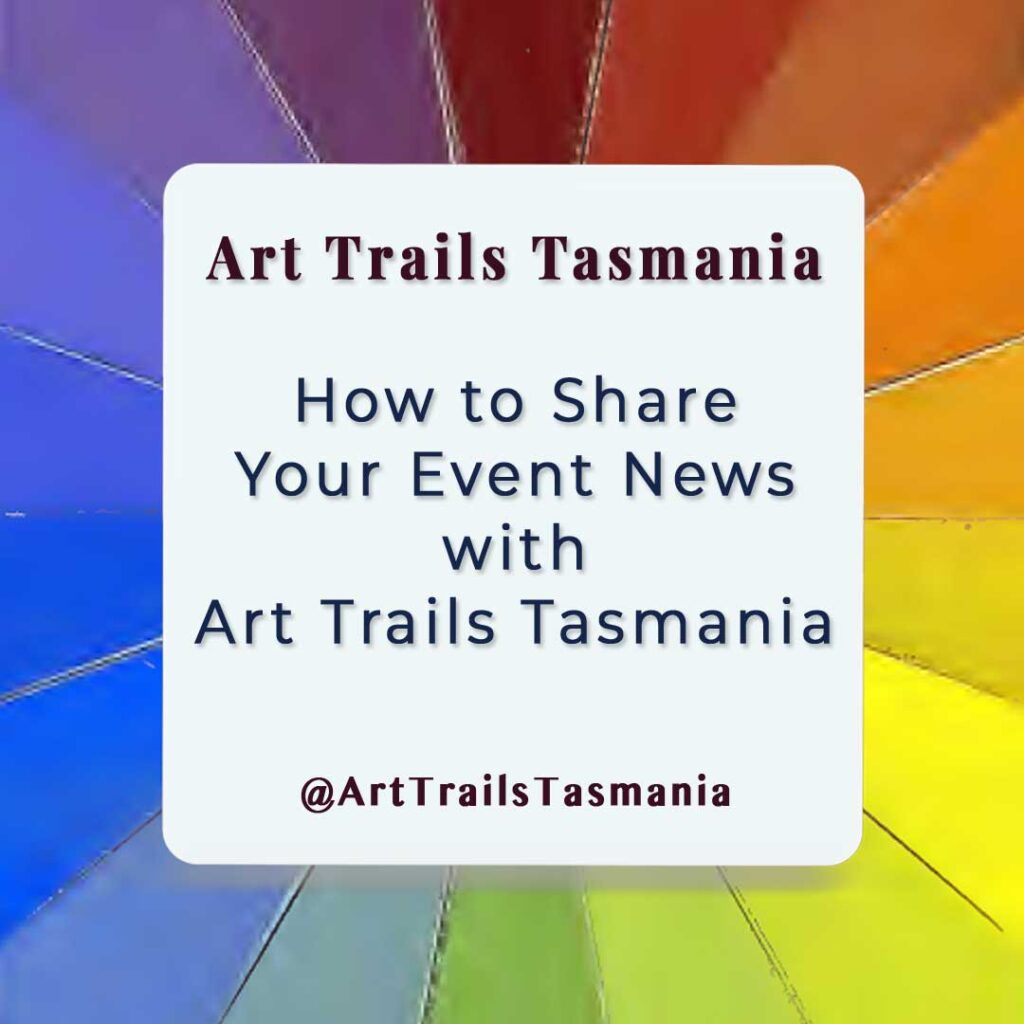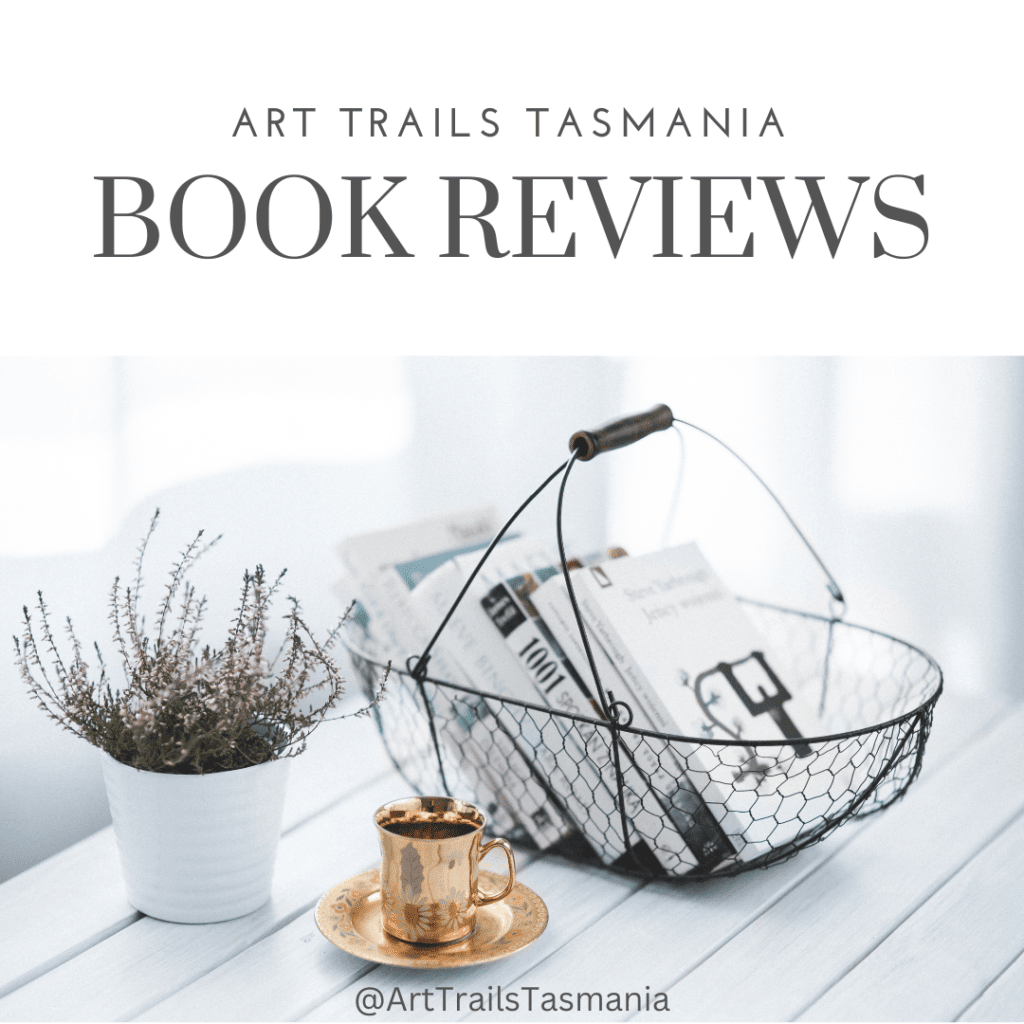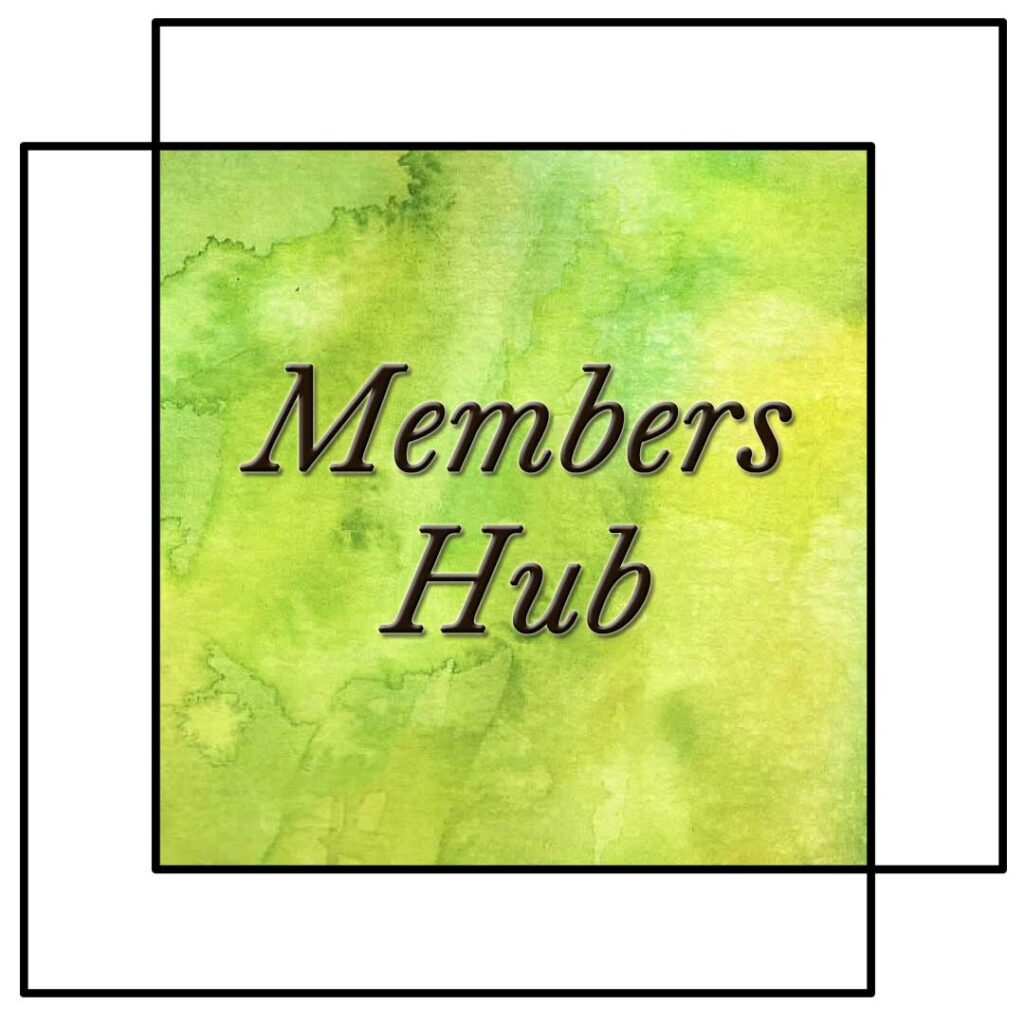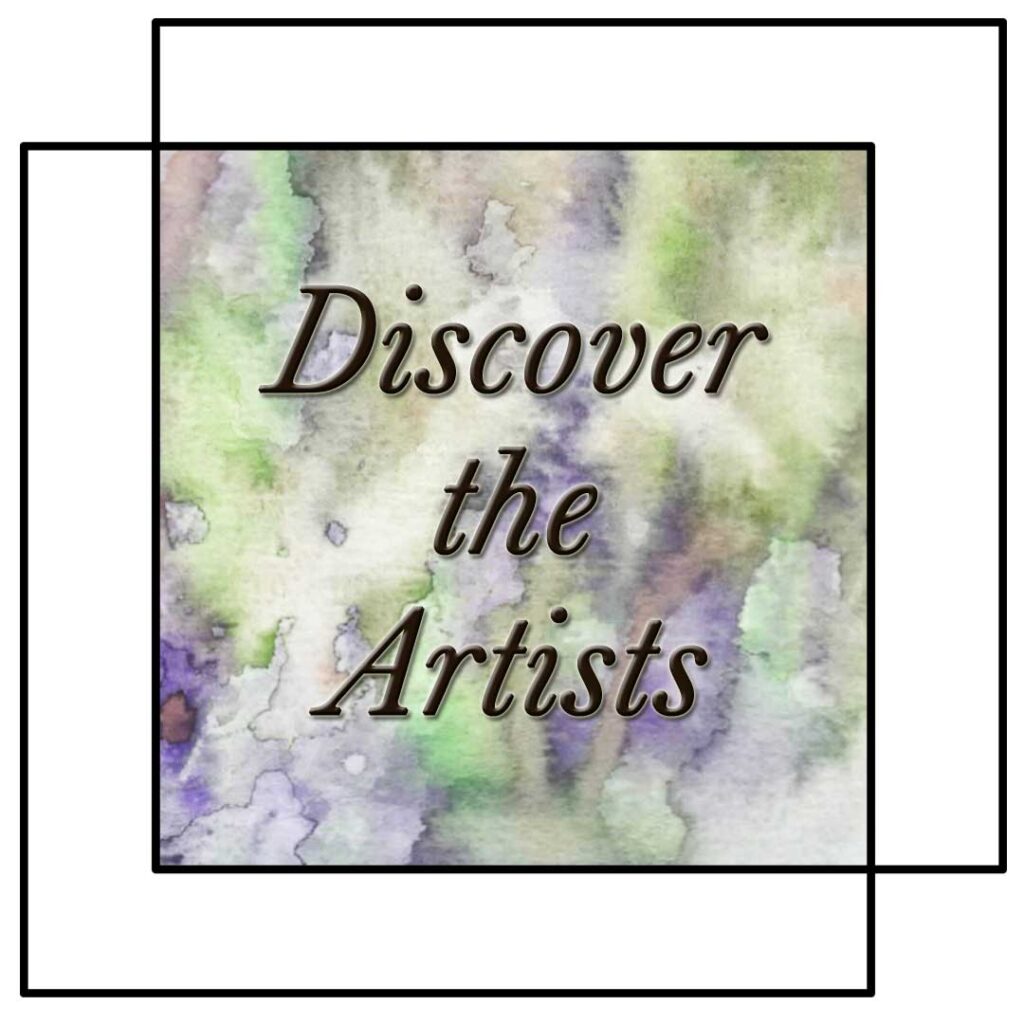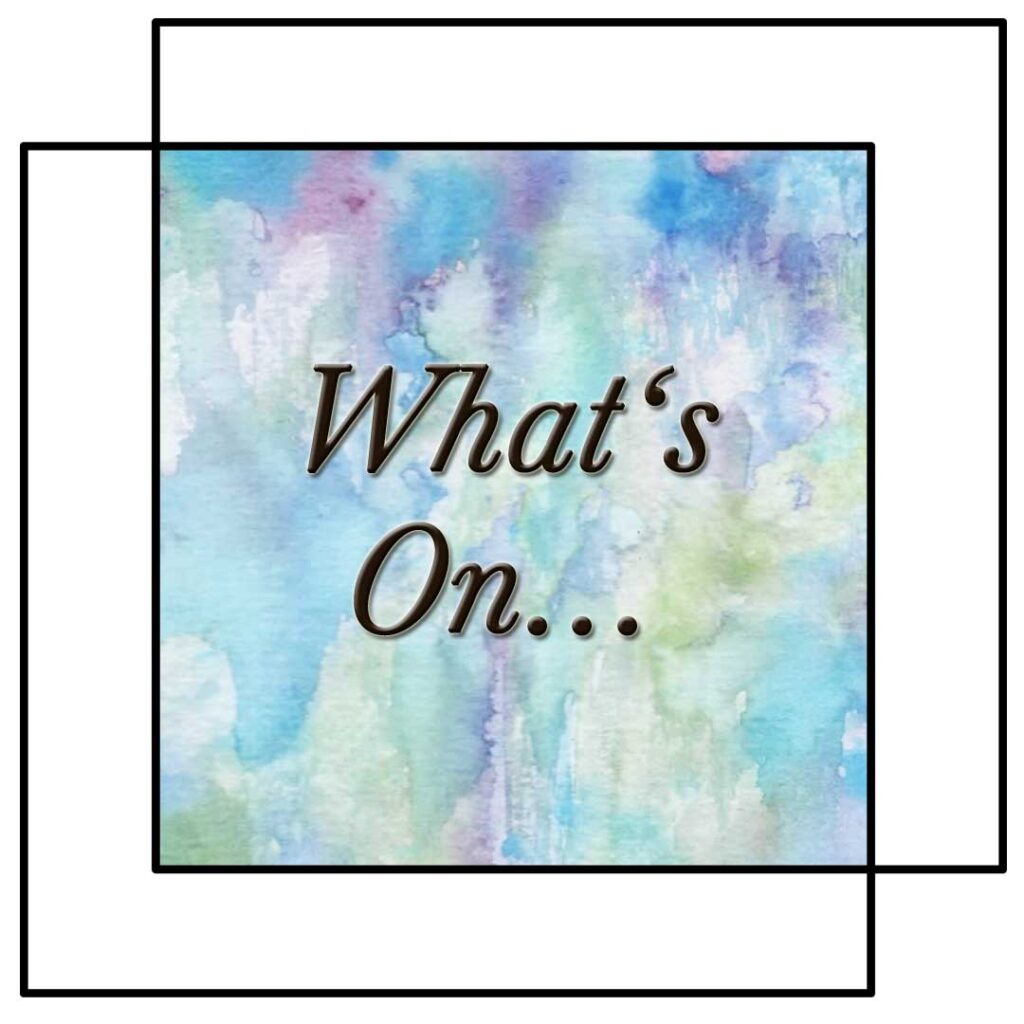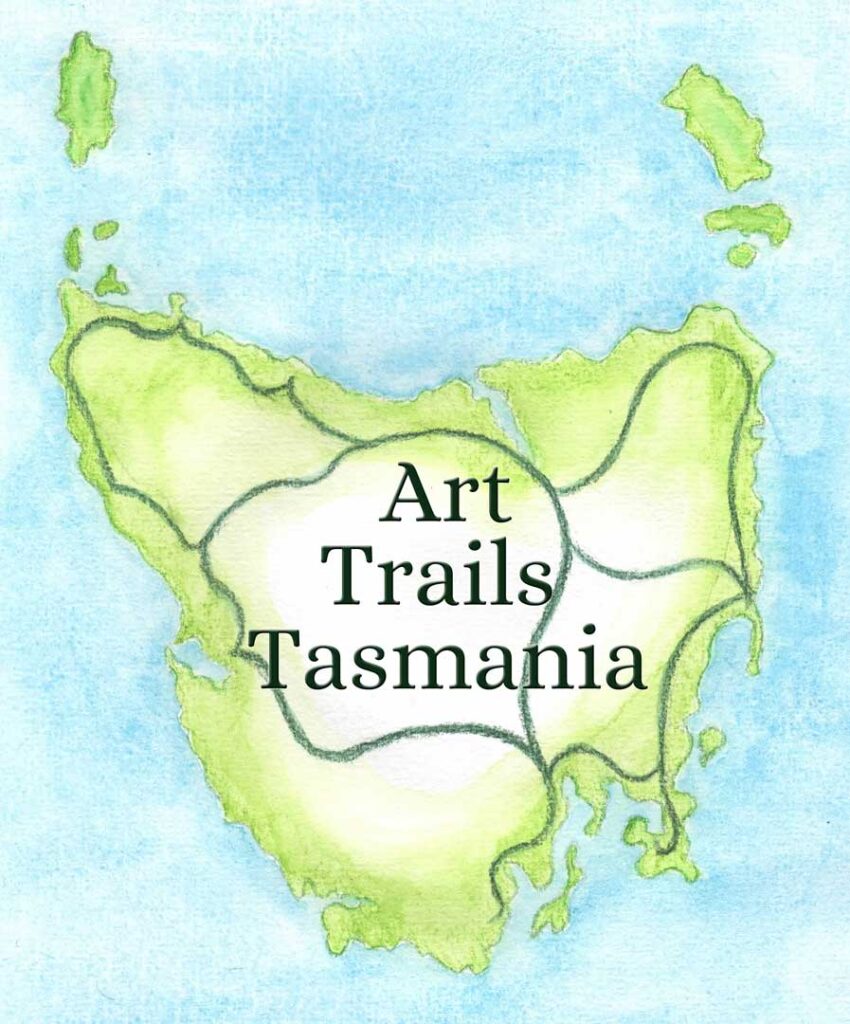Planning and Creating Profitable Events
Arts and crafts events are essential for engaging art lovers, buyers, and followers, and making them successful requires thoughtful planning and promotion.
This skills story is Part 1 of a two-part series designed to guide artists, art societies, and creative organisations through the process of hosting successful arts and crafts events.
In this first part, we explore the importance of consistency in your promotional efforts, the value of planning your event calendar 6-12 months in advance, and how building social credibility can drive engagement.
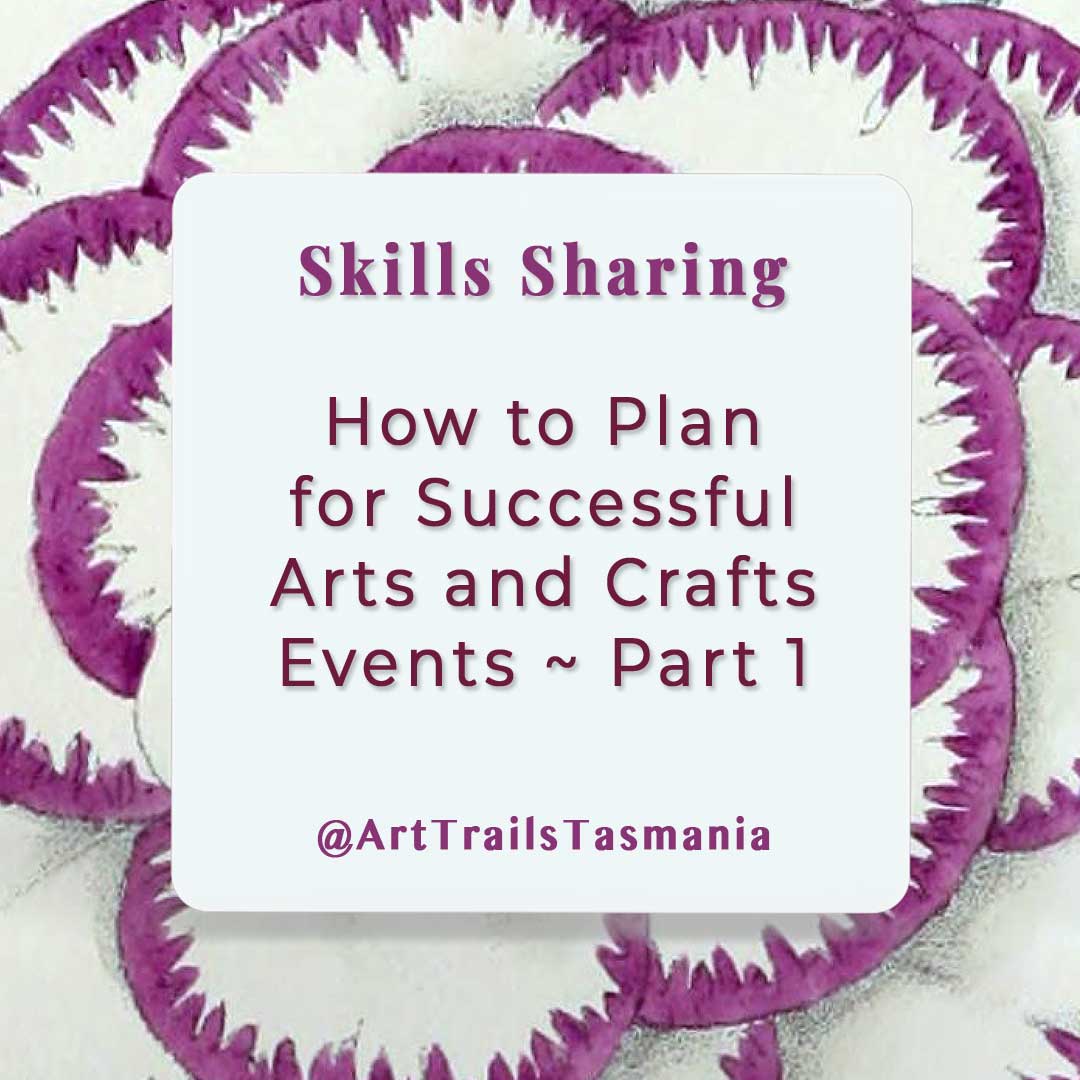
Audiences & Buyers Need You To Plan
You’ll learn why audiences need to see promotions months ahead to plan their participation and how being featured by respected organisations can boost trust.
It is Easier Than You Think
Most importantly, you’ll discover that this process is far more manageable than it may seem—it’s all about staying organised, breaking down tasks, and having a clear goal in mind. Whether you’re an artist or a group, success comes from clarity and a well-structured approach.
Hosting and running events for and by artists and creative organisations, such as art and craft groups, art societies, and artist collectives, is vital for fostering growth and sustainability within the arts community.
Part 2 is all about setting up your website properly so your buyers, supporters, followers and audience can all easily find all of your event news on your website.
1. Event Income for Artists, Galleries and Groups
Events serve as a key source of income for artists. Whether through ticket sales, workshops, or selling artwork, these gatherings provide artists with opportunities to monetise their skills and gain financial independence.
2. Arts and Crafts Events play an essential role in growing artists’ profiles.
By showcasing their work to a wider audience, artists can increase visibility, build a following, and attract future opportunities.
These events act as a platform for both emerging and established artists to highlight their talents.
3. Creating Connections with Arts and Crafts Events
Another critical aspect is the chance to make connections.
Through networking, artists can collaborate, share resources, and build lasting professional relationships. This, in turn, strengthens the artistic community as a whole.
4. Fostering Community Engagement with Arts and Crafts Events
Additionally, events foster community engagement, encouraging the public to interact with art in meaningful ways, creating a supportive local culture.
5. Grow Skills with Arts and Crafts Events
Lastly, these events promote skill development, providing a space for artists to learn from each other, attend workshops, and exchange ideas, which leads to artistic innovation and growth.
In essence, these events are fundamental to nurturing our Tasmanian arts and crafts ecosystem.
No Results Found
The page you requested could not be found. Try refining your search, or use the navigation above to locate the post.
7 Types of Arts and Crafts Events
Artists and creative organisations, such as art and craft groups, art societies, and artist collectives, can organise various events to engage their members and the wider public, fostering creativity and building networks.
Here are seven key event types they can run:
1. Exhibitions
Exhibitions are essential for artists to showcase and sell their work, whether as solo shows or group displays.
These events provide opportunities for exposure and sales, while also allowing artists to engage with new audiences, collectors, and curators.
2. Art Retreats
Art retreats offer immersive experiences, often in scenic or remote locations, where artists can focus on their practice away from daily distractions.
These retreats provide time for experimentation, collaboration, and skill development in a supportive environment, allowing participants to return refreshed and inspired.
3. Workshops and Classes
Hosting workshops and classes enables artists to share their skills with the community.
These hands-on events cover various disciplines, such as painting, ceramics, or printmaking, offering participants the chance to learn new techniques while providing a valuable income stream for the artist.
4. Pop-up Shops in Empty Shop Spaces
Temporary retail spaces in vacant shops offer artists a direct way to sell their work in high-traffic areas.
Pop-up shops generate excitement, attract new audiences, and provide an opportunity to test markets and sell directly without gallery fees.
They do require very effective marketing, an excellent newsletter and a strong social media presence.
5. Makers and Artist Talks at Arts and Crafts Events
These events offer insight into an artist’s practice, allowing the public to learn more about their inspirations, methods, and journey.
Artist talks foster deeper connections between creators and their audience, encouraging greater engagement with the work.
6. Collaborative Projects for Your Arts and Crafts Events
Joint creative projects allow artists to work together on a common theme or outcome, often involving public participation.
These projects build camaraderie and foster innovation by combining different skills and perspectives.
7. Open Studio Trails
These events invite the public into artists’ working spaces, providing an intimate look at the creative process.
Open studio trails often form part of larger community events, encouraging visitors to meet artists, purchase work directly, and gain a deeper understanding of how art is made.
These diverse event formats help strengthen the arts community while promoting creativity and public engagement.
How to Promote Your Arts and Crafts Events
Effectively promoting arts events is crucial for ensuring art lovers, buyers, and followers engage, attend, and support them.
A multi-faceted approach can help maximise visibility and reach the right audience.
1. Build your own email newsletter
Growing a dedicated mailing list of supporters and potential buyers is invaluable.
Regular updates about upcoming events, exclusive previews, and behind-the-scenes content keep your audience engaged.
Offer incentives like early access to exhibitions or discounts for workshops to encourage sign-ups.
Click here for part 1 of our email newsletter story and part 2 with 12 content ideas for an artist newsletter.
No Results Found
The page you requested could not be found. Try refining your search, or use the navigation above to locate the post.
2. Feature in popular arts and craft newsletters
Partner with other arts organisations like Art Trails Tasmania and local groups that already have established audiences.
Being featured in their newsletters can introduce your event to new, interested art lovers.
You want to make sure that the newsletter has good open rates, eg. 30% or more and that they have the right cross over audience for you, such as arts and crafts supporters.
3. Organic and paid social media posts
Utilise platforms like Facebook and Instagram to share visually engaging content.
Organic posts build rapport with your followers, while paid posts with targeted ads can reach wider, relevant audiences.
Use event hashtags and geotags to increase discoverability.
4. Blog stories about your arts and crafts events
Write engaging stories about the event’s background, the makers and artists involved, or behind-the-scenes insights. These stories can provide depth and context, increasing audience interest and anticipation.
Look to having your stories told on related blogs. The Art Trails Tasmania member Event News stories are an example of this happening.
5. Collaborative promotion on social media for your arts and crafts events
Ask other relevant Facebook and Instagram pages with a similar audience to promote your event.
This collaboration can greatly extend your reach and credibility within the community.
Art Trails Tasmania promotes via event news stories the arts and crafts events of members across our social media profiles and newsletters.
Look for other organisations, projects or groups who also have similar supportive strategies.
6. Send out press releases about your arts and crafts events
Engaging local media through press releases is a traditional but effective method.
Reach out to local newspapers, arts blogs, and radio stations to get your event featured in arts sections or event listings.
Each time Art Trails Tasmania has been interviewed by ABC Radio Tasmania there has been a boost to visitors.
7. Share your arts and crafts events news respectfully in Facebook groups
Many art and craft-focused Facebook groups allow event promotion, but be considerate of group rules and ensure the posts are relevant and valuable to the group members.
Art Trails Tasmania regularly shares event news stories via a range of Facebook groups and the key is to do it will the group’s rules in mind and in a way that engages with their audience.
It is no use blasting out your event story and burning bridges. What you want is a long term, good and healthy relationship with the groups.
8. Leverage influencers and promote your arts and crafts events
Partner with local arts influencers, bloggers or communities who can help promote your event through their channels, offering their audience a personal recommendation.
You are looking for those who will celebrate what you are doing to the right audience, ie. arts and crafts supporters, at an affordable price ($150+ per blog story is common), with the right content that you have say over.
9. Collaborate with local businesses
Partner with cafés, galleries, or shops to display flyers or posters, creating a physical presence in spaces frequented by potential attendees.
By using a combination of digital and in-person promotion, you can reach a diverse and engaged audience.
The Power of Consistency and Planning for Your Arts and Crafts Events Success
Consistency and forward planning are vital for successful event promotion within the arts community.
By creating an event calendar for 6-12 months ahead, artists and creative organisations can ensure they are prepared, organised, and can strategically build anticipation over time.
One key reason for long-term planning is that your audience often needs to see promotions well in advance.
Give Time For Engagement
People may not be ready or able to engage with your event the first time they hear about it, but consistent exposure over several months allows them to plan, save the date, and get involved.
Repeated messaging ensures your event stays top of mind and maximises attendance and engagement.
Nurture Your Social Credibility
Building social credibility and trust is also crucial.
Being featured by a respected arts and crafts organisation, such as in their newsletter or on their social media channels, lends authority to your event.
This endorsement reassures potential attendees that your event is legitimate and worth their time, fostering a sense of trust that makes them more likely to engage.
Make Each Step Manageable
Many people
fear that organising long-term promotion is complicated, but in reality, it’s about being systematic.
Breaking tasks down into manageable steps makes the process much easier.
Start by gaining clarity on your goals—what do you want to achieve with your events?
Are you looking to grow your audience, sell more work, or increase collaboration with other artists?
Clear Vision with a Simple and Structured Plan
Once you have a clear vision, you can create a simple, structured plan.
Build your calendar, schedule regular promotions, and seek opportunities for partnerships.
By approaching it step by step, you’ll find that consistency and organisation come naturally, enabling you to execute successful events with less stress.
In the long run, this forward planning and reliable approach will significantly enhance your audience’s engagement and support.
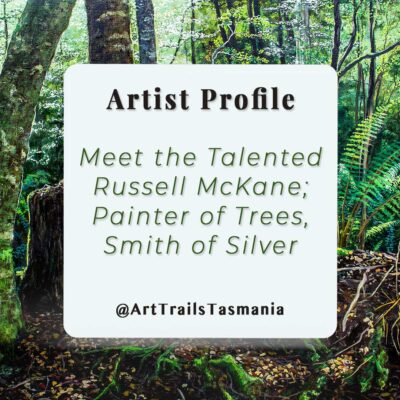
Painter of Trees & Smith of Silver, Artist Russell McKane
Meet Instagram sensation, Russell McKane in his Artist Profile and discover that he’s an artisan with many talents.
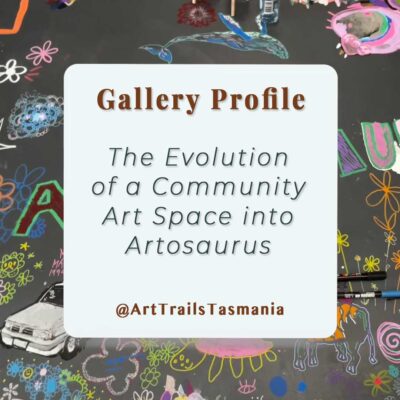
The Evolution of a Community Art Space into Artosaurus
Delve into a community art space Artosaurus that is about enabling all abilities with its workshops, classes, exhibitions, and gallery shop in their profile with Art Trails Tasmania.
Read the Latest Blog Stories and Flourish…
Unlock Your Inner Artist: 15 Tips for Crafting Your Own Creative Calendar
How to Setup Your Own Creative Calendar Bringing the Arts and Crafts into Daily Life Creating your own creative calendar to incorporate more arts and crafts into your daily life is a wonderful way to infuse creativity into your routine. Creativity is a wonderful path...
7 Ways a Grassroots Artist Group Can Fundraise
How Your Grassroots Artist Group or Society Can Be Finanically Sustainable A common theme I hear from members is just how important it is to be part of a local grassroots art group that meets regularly. The creative benefits of belonging to art societies and groups...
Painter of Trees & Smith of Silver, Artist Russell McKane
Meet the Instagram Sensation Russell McKane As a painter of trees, Tasmania is a perfect fit for my Art. I paint on location so I get the benefit of working in this magnificent environment. Currently, I am working in the rainforests of Liffey and among the cider gums...
The Evolution of a Community Art Space into Artosaurus
The Game Changing Community that is Artosaurus At Artosaurus Gallery and Studios we feel the most joy when we see people exceed their own expectations. The name Artosaurus was inspired by Declan Lindsay who is totally obsessed with dinosaurs and art. The concept began...
Flourishing in Inspiration’s Flow of Adrenaline and Calm with Textile Artist Cindy Thompson
Meet Textile Artist Cindy Thompson I absolutely adore working and creating with fibres, materials, threads, beads, colour and textures. All these things create an excitement in me that nothing else quite does. Sewing Machine as a Best Friend Although I have always...
Empowering Artists: Unleashing Creative Potential Through Print On Demand Stores
Making Sense of Print On Demand Print-on-demand (POD) platforms, like Redbubble, can be a great way for artists to showcase and sell their artwork without the need to manage inventory or fulfill orders themselves. These platforms give artists the opportunity to find...
A Love for Recreating Nature and Sharing Skills with Lynda Young
Meet Botanical Artist Lynda Young I love to recreate nature whether plant or animal. I get a buzz from being able to do this comparatively easily and enjoy the creative process. Of course I love the positive comments from friends and always get a rush of pride when I...
The Magic in Framing the Personal and the Precious with Greg Dennis
The Buzz in Framing the Personal and the Precious The biggest buzz from framing is, I find, the moment when our clients, particularly artists who have spent sometimes hundreds of hours creating their piece, come back into our studio to collect, and the looks on their...
Call Out for Kids Workshops and Classes
Call Out for Workshops and Classes for Kids It's time to share your workshops and classes for kids that you have happening across Tasmania on our Facebook and Instagram pages. It's coming through loud and clear from our members' Artist Profiles that being supported...
Read What Our Members Say About Belonging
Join the growing, supportive artists community today and have your Artist story told here.
Belinda is doing a great job creating a professional looking artist hub online. Check out the profile I posted recently to see how well she does them. To all my artist friends let’s help make this THE go to place to discover local artists.
You won’t regret joining Art Trails Tasmania . It’s a welcoming community for creatives at any career stage.Becoming an Art Trails Tasmania member wasn’t a hard decision for me to make as it’s such a wealth of knowledge and support.Being member provides a quality way to showcase your creative endeavours and it’s quickly growing in reach.
We operate a home based picture framing business and recently joined Art Trails Tasmania as a means to giving us exposure to the wider artist community. We have almost immediately seen increase in activity thru our online sites, which I am certain will lead to more opportunities to grow our business.

